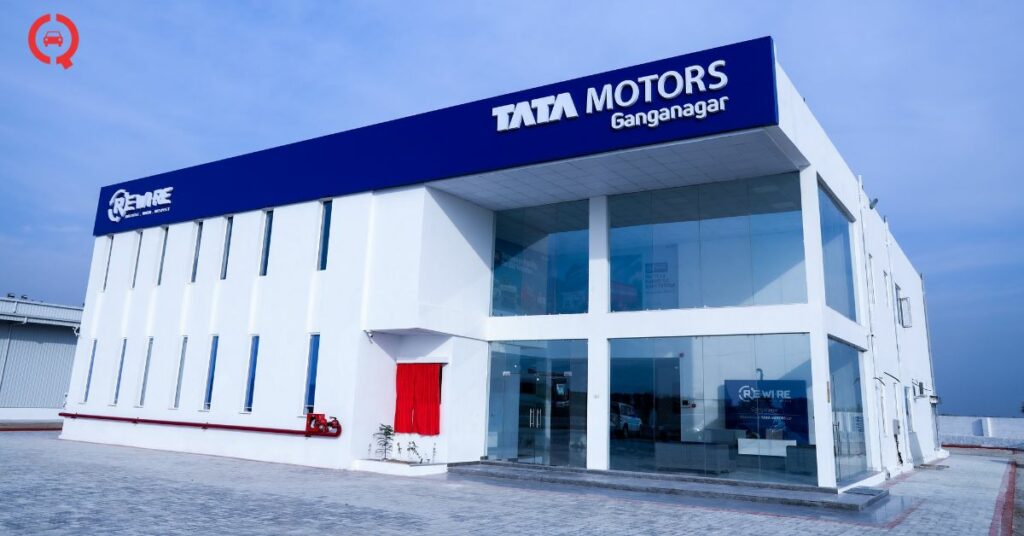Tata Motors opened its first Registered Vehicle Scrapping Facility (RVSF) in Jaipur, Rajasthan, on Tuesday. It is called Re.Wi.Re, which stands for “Recycle with Respect.”
Nitin Gadkari, the Union Minister of Road Transport and Highways (MORTH), opened this facility. It can handle 15,000 vehicles per year and follows the processes that the Indian automaker says are safe and good for the environment when it comes to getting rid of old cars. Ganganagar Vaahan Udyog Pvt Ltd, which is a partner of Tata Motors, built and runs it to get rid of old cars and trucks of all brands.
“The National Vehicle Scrappage Policy was made to promote a circular economy by setting up a system for getting rid of old, polluting cars and replacing them with greener, more fuel-efficient cars. The goal was to reduce the country’s carbon footprint. “We are trying to make India a hub for recycling and scrapping vehicles for all of South Asia, and we need more of these high-tech recycling and scrapping units in India,” Gadkari said when he opened the facility.
Tata Motors said in an official release that Re.Wi.Re. is made to take apart and clean up after passenger and commercial vehicles of all brands that have reached the end of their useful lives. It is fully digitalized so that operations are easy and don’t require any paper. It also has stations for safely taking apart parts like tyres, batteries, fuel, oils, liquids, and gases.
In a press release, the company said that the vehicles go through a strict documentation and disassembly process that is different for passenger and commercial vehicles.
“We plan to get the most out of recycling by using processes that are globally benchmarked and optimised. Together with our partners, we can’t wait to set up Re.Wi.Re centres all over the country. Girish Wagh, Executive Director of Tata Motors, said, “These decentralised facilities will help customers, share the economic value created, create jobs, and meet the need to scrap vehicles in every part of the country in an eco-friendly way.”
Read More:

